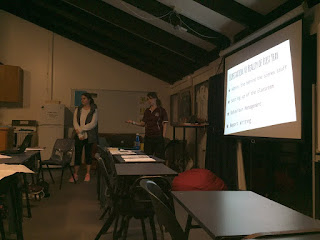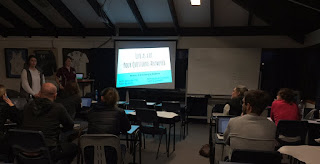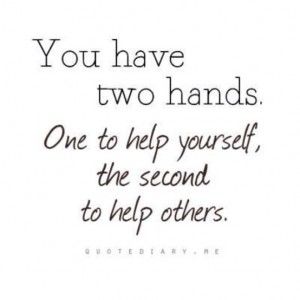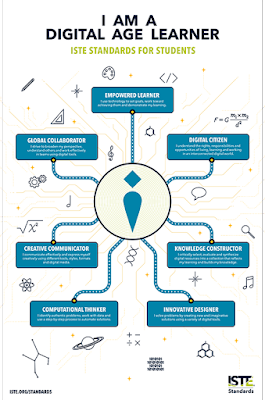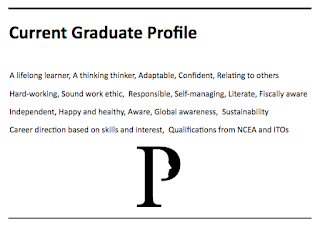Recently in our RTLB sessions, we have been discussing OTRs: students opportunities to respond. OTRs are strategies teachers use in the classroom, to seek or prompt responses from students. Student responses provide opportunities for the teacher to gauge student understanding, and give specific feedback and feedforward.
We were provided with a short article (currently in draft from PB4L and about to be published) breaking down classroom engagement, specifically OTRs. The key points I took away from the reading are;
Students are engaged in activities that are new and exciting, and as a result difficult behaviour is likely to reduce. I am pleased, therefore, one of my goals this year is to learn about, and try to implement a variety of digital tools.
"Frequently, problem behaviours result from a mismatch between the environment and an individual's skills, strengths, or preferences (p. 23)" So, for instance, some of my students have low literacy skills/levels, which may be the cause of behavioural issues - a genuine lack of understanding. This relates back to a previous post about the importance of considering literacy strategies throughout teaching (irrespective of the subject).
Evidence has shown an increased student reading ability from the use of OTRs. Again, referencing the importance of literacy. See our literacy coordinator's blog here.
During our RTLB session today, we broke down some of the verbal and non-verbal responses used in our classes recently. Check out our ideas in the pictures above.
Verbal and non-verbal strategies were also discussed in depth in the reading, and provided me with some ideas to implement into the future. For example, we have mini-whiteboards in the department, which could be used in small groups to share ideas/opinions in class. Or, the use of response cards such as a traffic light system (red, orange and green cards to demonstrate understanding). A couple of tips the reading suggests when using response cards, is that there is a lively pace, specific feedback and a short time between questions.
Finally, I shared with the group some of the OTRs I use, or am learning about, that utilise technology (see Drawing with the links here). This was a great opportunity to share what I have picked up throughout the past 18 months on my MDTA journey! I am yet to try Nearpod and Mentimeter, and will be using Chelsea's blogposts (Nearpod, Mentimeter), to guide me. The others I have used in my practice and are continuing to develop.
I am looking forward to trying some of the OTR strategies I have learnt about in our RTLB sessions. One I am incredibly interested to learn about is peer teaching, as I think this could be very powerful in the classroom. I have discussed with Cheryl, our PCT facilitator the possibility of having a PCT session about peer teaching, and cannot wait to give it a go!
